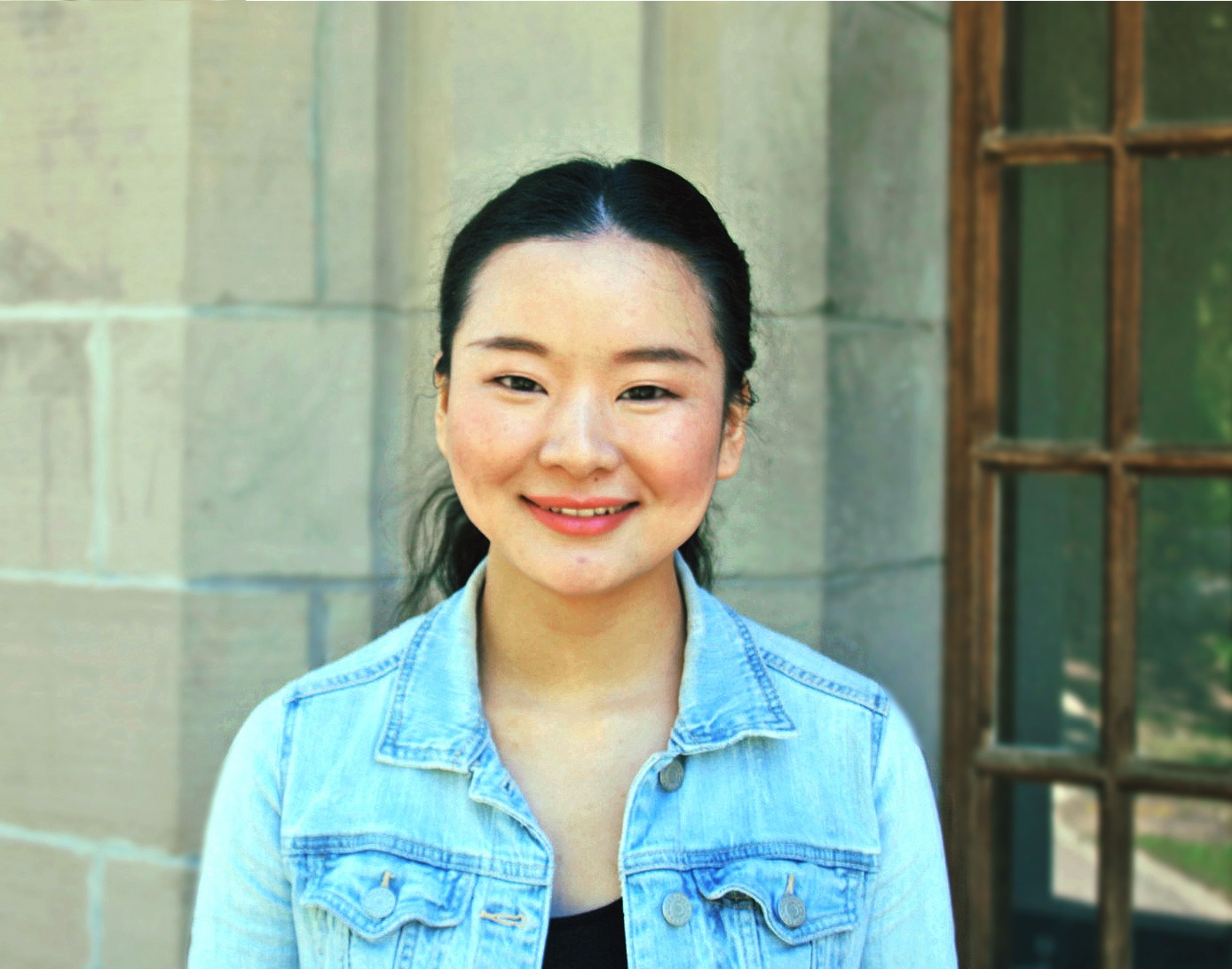
International Student Investigates Multinational Tax Avoidance
Yangyang Liu discusses how, as a business student in accounting, she undertook a research project which opened new avenues for her to discover
Liu is good with numbers: they are easy for her to memorize and work through. As an accounting major, this talent is especially beneficial to her. Liu explains accounting as a field that strikes balance between rigid rules and independent decision making; a combination of guidance and personal judgment. She believes this discipline favours her personality since she prefers some guidelines while still making judgements using her own knowledge. This is similar to research: literature reviews tell how something has been studied before and what conclusions have been drawn from past results, and this guides the research question and study that is designed using personal judgment.
Accountants do research?
When people think of research, they often imagine experiments involving complicated algorithms or chemicals. But that is only one type of research. Liu admits when she first heard about the opportunity to conduct research as a commerce student, she thought “Accountants can do research?!” Liu urges other business students to find the opportunity to get involved with research as undergraduate students if they think they might be interested. She encourages students to be confident when approaching a professor by explaining their passion and knowledge for the research topic. When Liu received an email informing her that a 4th year tax professor was looking to hire an assistant, she emailed the professor her résumé and cover letter, and arranged for an interview. She emphasizes the importance of confidence, positivity, and motivation when it comes to doing undergraduate research.
The research project that Liu is currently working on involves using a computer to search for and study multinational corporations’ tax disclosures and corporate responsibility reports (how the company has contributed to the local people, environment, community, local economy, etc.). She engages in qualitative research when looking at companies, and quantitative research when performing data analysis (in this case, comparing actual tax rates to what the company claimed in the fiscal year). She began this research in the summer of 2015 when her faculty supervisor received funding through the Office of the Vice-President Research (OVPR) for an Undergraduate Student Research Assistantship (USRA). Last summer, she organized data collection for 118 companies, and was hoping to add another 200-300 companies to the data in summer 2016. Once Liu completes her research paper, she hopes to publish it by submitting to national competitions.
This research paper is also part of Liu’s Honours project for her commerce degree. She chose to pursue an Honours degree as a way to distinguish herself from her classmates once it came to applying for jobs. However, she did not anticipate the research itself being the distinguishing factor: it has given her a deeper and broader understanding of corporate tax than she could have acquired from a textbook.
More Opportunities for International Students


